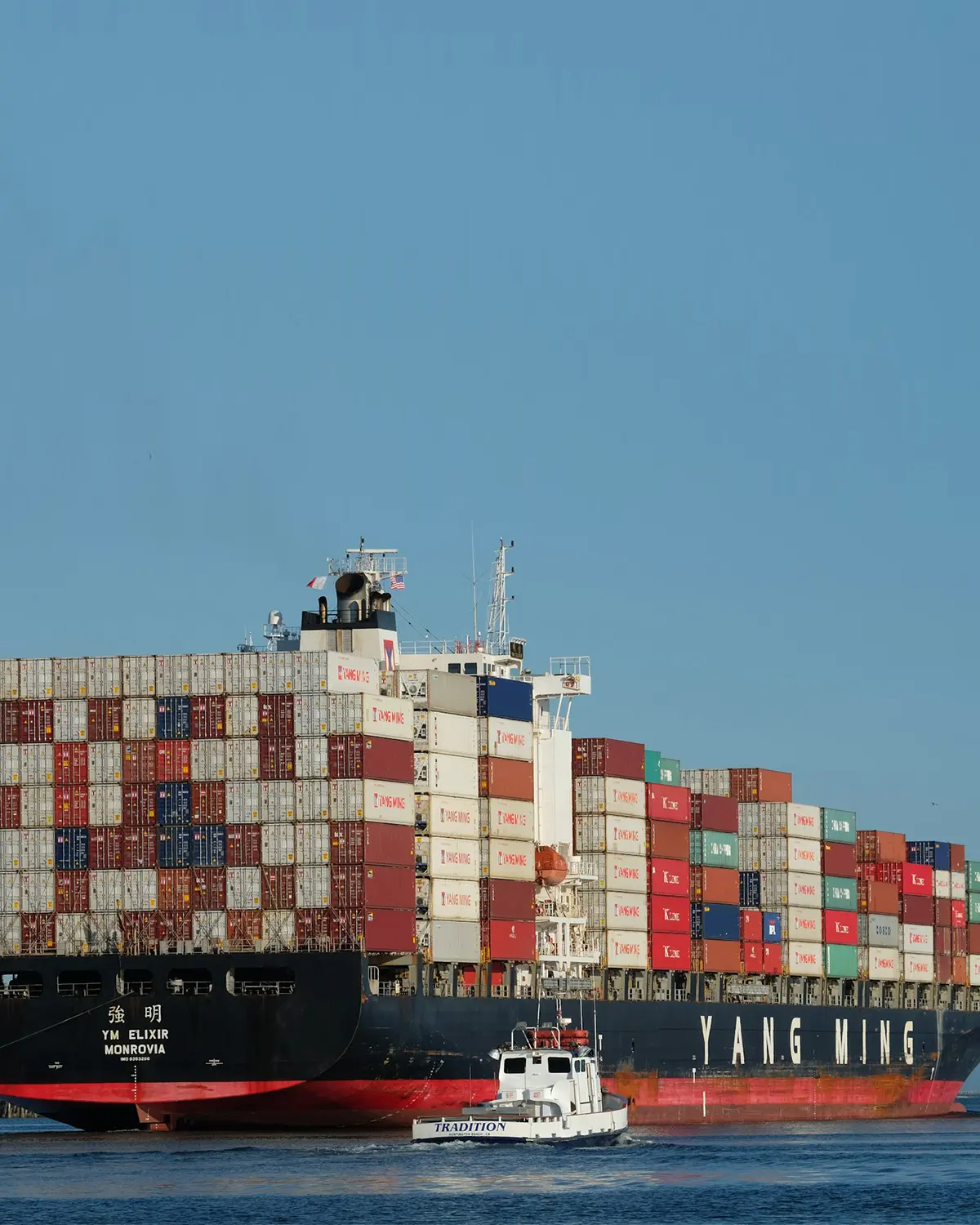- This topic is empty.
-
AuthorPosts
-
2025-11-07 at 6:02 pm #5317
In the world of global trade, one of the most crucial logistics decisions businesses face is choosing between Full-Container Load (FCL) and Less-Than-Container Load (LCL) shipping. Both options offer distinct advantages depending on your company’s shipment size, budget, and delivery timeline. Understanding the difference between these two methods is key to optimizing efficiency, reducing costs, and ensuring safe, on-time delivery.
At YUKON LOGISTICS, we provide customized logistics solutions — including air, sea, and land transportation, customs clearance, and warehousing — designed to fit your specific business needs. Our goal is to ensure your cargo arrives safely, efficiently, and on schedule, no matter the shipping method you choose.

Understanding Full-Container Load (FCL) Shipping
FCL, or Full-Container Load, means your goods occupy an entire shipping container exclusively. This option is ideal for businesses with large shipment volumes or goods that require secure, dedicated space.
Key benefits of FCL shipping:
-
Faster transit time: Since the container is filled and sealed for one consignee, it avoids consolidation or deconsolidation delays.
-
Enhanced cargo security: Your goods are not mixed with others, reducing the risk of damage or contamination.
-
Better cost efficiency for large shipments: When your volume reaches a certain threshold, FCL often becomes more economical per unit.
-
Easier tracking and handling: Fewer touchpoints mean smoother customs clearance and reduced risk of delays.
Understanding Less-Than-Container Load (LCL) Shipping
LCL, or Less-Than-Container Load, is a shared shipping method where multiple consignments from different shippers are consolidated into one container. This is the best choice for smaller shipments that don’t require a full container.
Advantages of LCL shipping:
-
Cost-effective for small loads: You only pay for the space your goods occupy, making it ideal for smaller businesses or sample shipments.
-
Flexible scheduling: Ship goods more frequently without waiting to accumulate a full container load.
-
Reduced inventory costs: Helps maintain lean inventory by shipping smaller batches more often.
However, LCL shipments usually take longer due to the consolidation process and additional handling during loading and unloading, which can slightly increase the risk of delays or damage.
FCL vs. LCL: Key Factors to Consider
When deciding between FCL and LCL, consider the following aspects:
Factor FCL (Full-Container) LCL (Less-Than-Container) Shipment Size Best for large volumes Best for smaller volumes Cost Efficiency Lower per-unit cost for bulk shipments Lower overall cost for small shipments Transit Time Faster and more direct Slower due to consolidation Cargo Safety More secure and less handling Higher risk from shared space Flexibility Less flexible, fixed capacity More flexible for frequent small orders
Why Choose YUKON LOGISTICS for Your Shipping Needs
At YUKON LOGISTICS, we understand that every business has unique logistics challenges. Whether you’re shipping bulk cargo via FCL or smaller consignments via LCL, our experienced team will help you evaluate your options, calculate total costs, and optimize your shipping strategy.
We offer:
-
End-to-end logistics solutions covering air, sea, and land transportation.
-
Professional customs clearance to ensure your cargo passes through smoothly.
-
Secure warehousing and distribution services for flexible storage and delivery.
-
Personalized logistics planning, ensuring your cargo reaches its destination safely and on time.
Final Thoughts
Both Full-Container (FCL) and Less-Than-Container (LCL) shipping options have their place in international logistics. FCL is best for large, time-sensitive, or fragile shipments, while LCL provides flexibility and cost savings for smaller consignments.
With YUKON LOGISTICS as your trusted logistics partner, you can rest assured that every shipment — big or small — will be managed with precision, care, and efficiency.
http://www.yukonlog.com
SHENZHEN YUKON LOGISTICS CO.,LTD. -
-
AuthorPosts
- You must be logged in to reply to this topic.